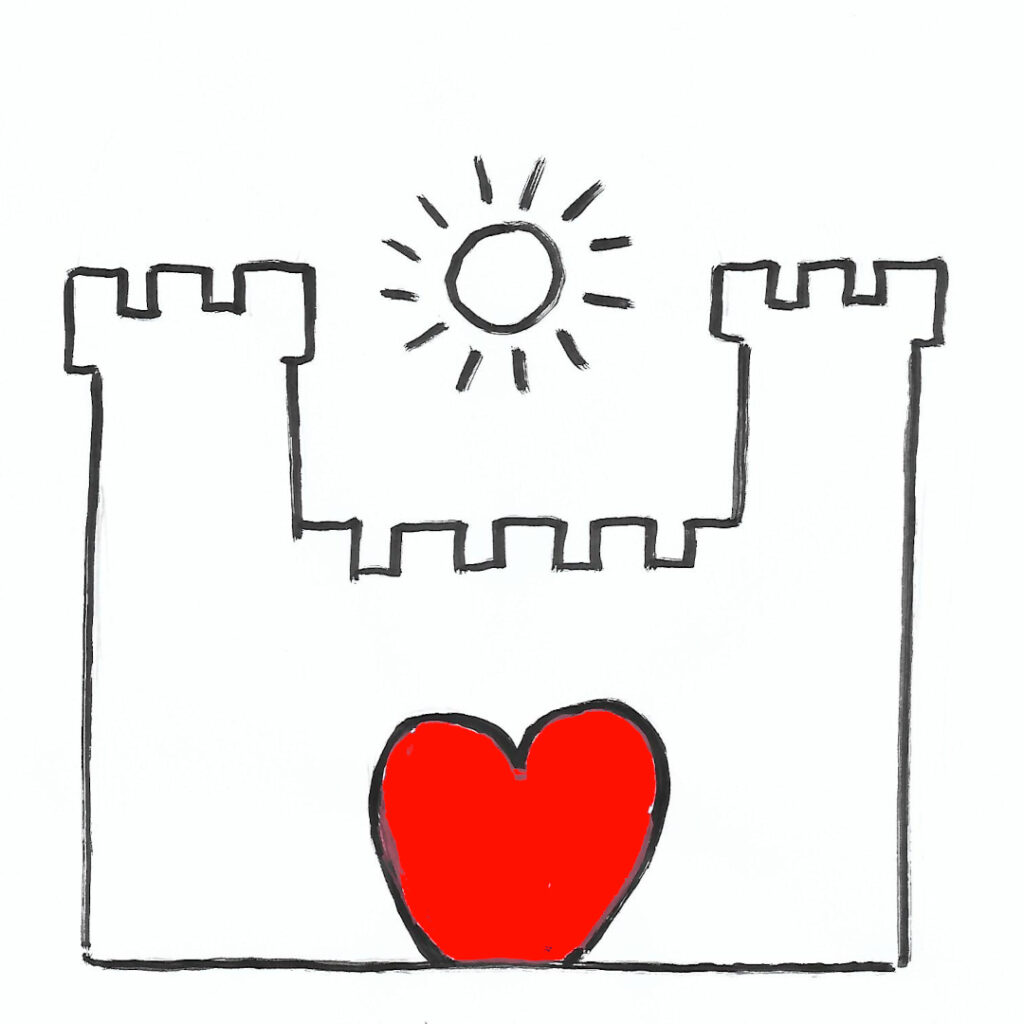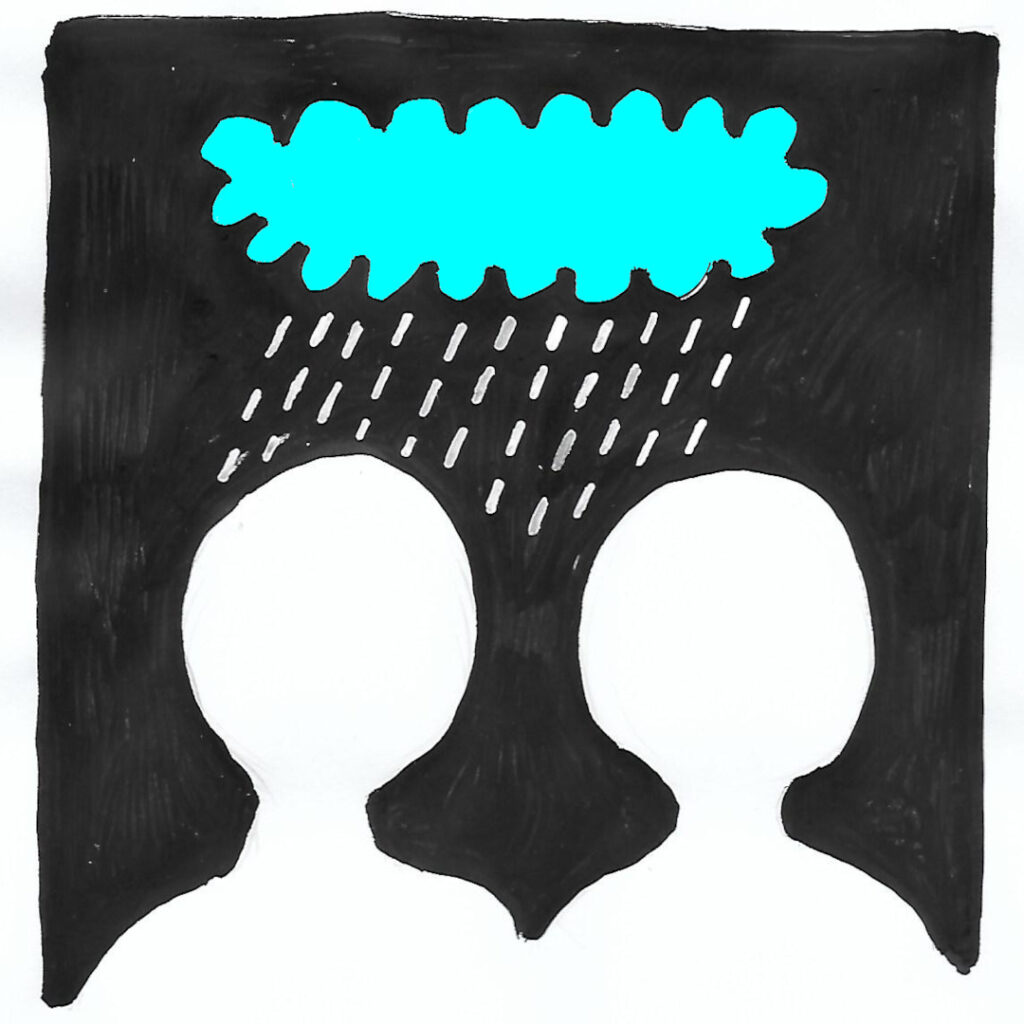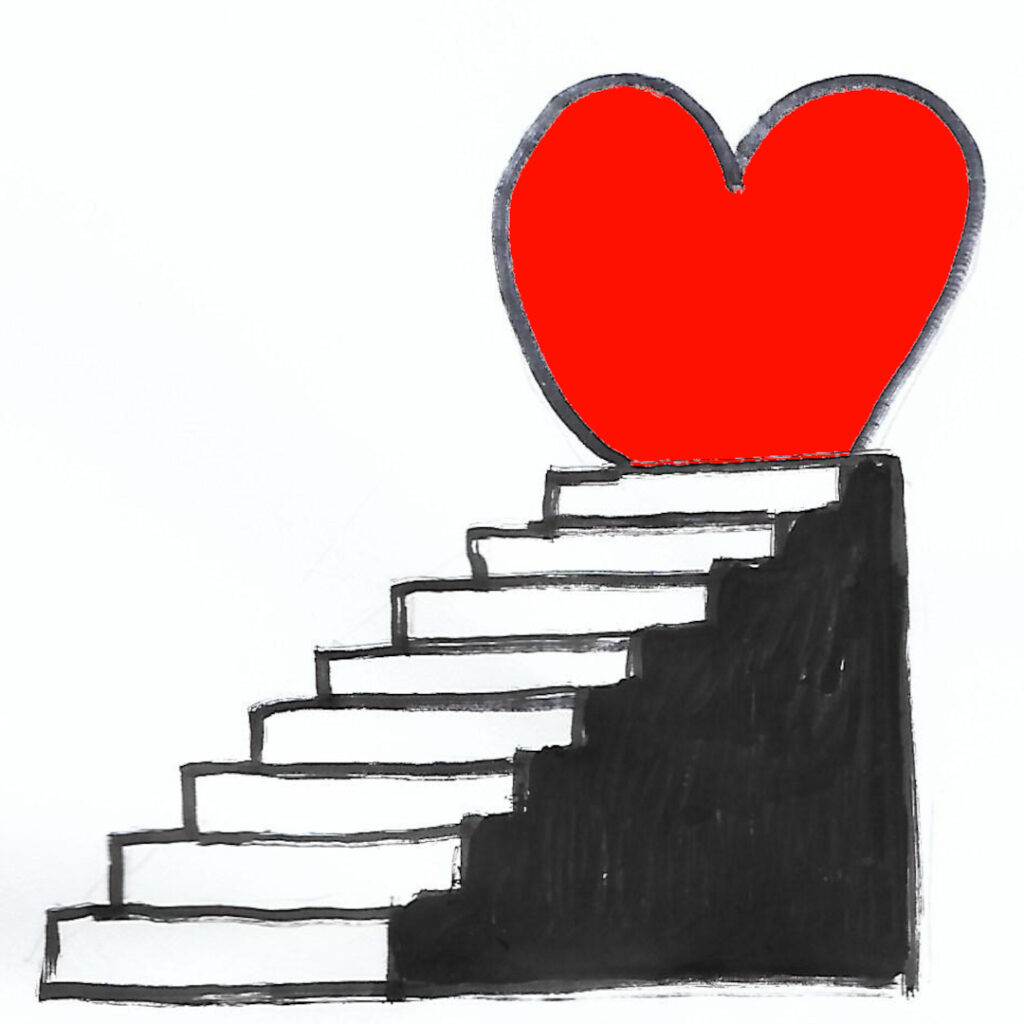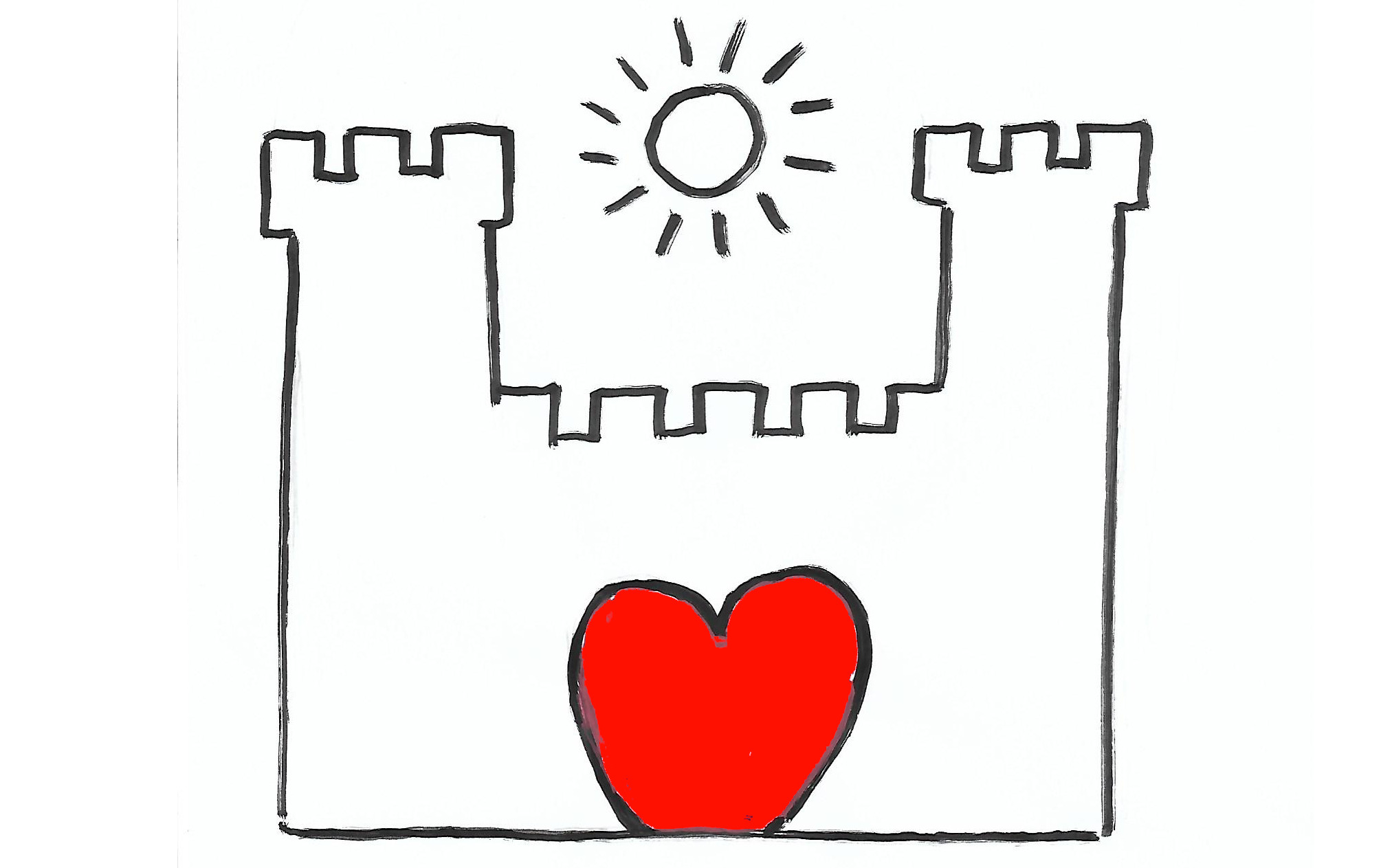Happily Ever After
Charles Dickens’ classic novel is a great read. A growth narrative at its heart, it gives a colourful insight into socio-economic conditions in Victorian England, class structures, gender relations and it pitches the question of human worth. A stunning, captivating tale with memorable, puzzling, comical and sometimes tragic characters, it keeps inspiring audiences and artists alike. The British Comedian Eddie Izzard recently brought the story to life in her one-woman stage show, playing all characters herself. You may have guessed; I am a fan.
“Great Expectations” intriguingly is also a tale of two endings. The novels’ original ending attracted considerable critique, which caused Dickens to re-write the conclusion of Pip and Estella’s journey to suggest that they may be united in love (and marriage) after all. There is a hint, that things will be good, that following a long and difficult journey, these characters very much deserve a happy ending.
There is something about happy ends, which leaves us as audience contented and satisfied, when we identify with characters and live their stories. We think that we (like they) deserve a happy end when choosing our partner (it’s working out) and we are well versed in Hollywood imagery of happily ever after.
Maybe somewhat unsurprisingly, in relationship therapy, it becomes apparent, that great expectations of happy ends are often confusing and disappointed. The relationship does not meet expectations, the partner is imperfect, exchange becomes difficult and repetitive, somehow the relationship is not what it seemed to be in the beginning. We thought, they were “The One”. But are they?
In The Beginning…

Relationships often start with a great sense of connection which in turn forms part of the attraction to the other. A sense of feeling seen, accepted, liked for who we are. We may feel connection over shared values, a similar outlook on life, similar goals, a sense of humour.
When thinking of “Great Expectations”, connections are forged through kindness, through shared experiences and, of course, through tragedy. But what happens later to the sense of connection in relationships, how do people maintain it?
While many long-term relationships can keep their sense of connection in some respects, I think that for most people other aspects of connection become more difficult as they travel along their journey together. The relationship may need to navigate growing into a family, starting and ending jobs, illness, loss, a pandemic, financial difficulties, people changing or other parameters of life changing.
Let’s Talk…
Communication is a vital part of connection, whether it is explicit or non-verbal. People need to have a fairly high bar in signal strength to enable good communication. It has to cut through.
So how can that work in conflict, when viewpoints differ, when people feel hurt by the other and wonder about the choices they make? How might it work, when people feel that their relationship is besieged or stuck, when it becomes difficult to feel that they are on the same page as their partner? Or when the power (economic or otherwise) in a relationship has shifted?

Some relationships find conflict management very difficult. It is easy to buy into the narrative that arguing means that your relationship is doomed. It really depends on firstly, how you manage to argue and then how your relationship manages to heal from arguments that damage.
One of the greatest obstacles to relationships operating smoothly in conflict is how people have learnt relationships and attachment when they grew up. In short, when under stress we retreat into our emotional home. And home is home, however non functioning or difficult our experience of relationship has been when we grew up. It has been vital in developing our attachment style.
It looks like in Great Expectations, Pip and Estrella will have their work cut out for them, if they get together in the “happy end” version of the story. Pip lost both parents and was brought up by his badly tempered sister, who never fails to remind him what she had to give up in order to tend to him. Estella on the other hand was brought up by the cruel and resentful Miss Havisham to become a lady and despise men so she might attract them and break their hearts to take revenge on behalf of her foster mother. Both experience multiple losses and Pip falls for Estella because of her beauty and her societal superiority.
While part of me thinks that in the case of Pip and Estrella, they might be better served to just stay friends, there might be ways to carry “the baggage” their relationship brings forward with empathy and compassion.
The Ever After
When partners can talk about the red buttons, the melting points the triggers, the defaults which send them straight back to their emotional home, that’s a good start. Follow it up by taking responsibility for what YOU bring to your relationship. There are “me” (personal) problems and there are “us” (collective) problems and distinguishing between the two can be tricky.

Reframing the meaning you attach to conflict and interactions during conflict can be a great help. You can change and so can your relationship. What you think about a situation is often more to do with you, than with how a situation presents itself. Be open to attach new meaning and to develop your style of communication.
Meaningful relationships are often an ongoing negotiation between the autonomy of the individuals concerned and the emphasis on the unit they build together. Negotiations can be difficult, but they can also be creative and playful.
Staying connected, or reconnecting in relationships is a quest, and it requires attention and work, no matter how wise we think we chose. This is not to say that we shouldn’t set the bar high for what type of relationship we would wish to go for. The twist to the plot is simply that there is no ending, happily or otherwise, while we decide to be in a relationship with each other (and sometimes thereafter), just a multitude of ongoing narratives which change and evolve over time. The road doesn’t end at the castle, it continues. Safe travels!
by Gabriele Panteli (she/her)

